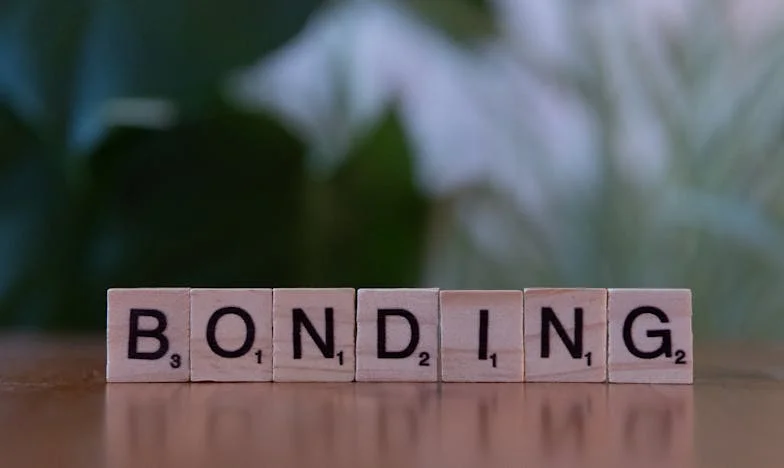“My Daughter is Ashamed of Me Because I Can’t Support Her Financially”
I never imagined that my relationship with my daughter, Emily, would become so strained over something as material as money. I raised her with love and care, teaching her the values of kindness and hard work. But recently, she confronted me with a sense of disappointment that cut deep into my heart.
“Mom,” she said one evening over the phone, “I just don’t understand why you can’t help us out like Mark’s parents do. They always seem to be there when we need them.”
Her words stung. I knew that Mark’s parents were well-off; they owned a successful chain of restaurants and had always been generous with their wealth. But I was a retired school teacher living on a modest pension. My late husband and I had Emily when I was 42, after years of trying and hoping. We poured everything we had into giving her a good life.
I tried to explain this to Emily. “Sweetheart,” I said gently, “I wish I could do more for you. But my resources are limited. You know how much I love you.”
“But it’s not fair,” she replied, frustration evident in her voice. “Mark’s parents are always helping us with the mortgage and the kids’ school fees. It just feels like you’re not even trying.”
Her words echoed in my mind long after our conversation ended. I felt a deep sense of inadequacy and guilt. Was I failing as a mother because I couldn’t provide financial support? The thought haunted me.
Days turned into weeks, and our conversations became less frequent. I missed the closeness we once shared. I decided to take action, not by trying to match Mark’s parents financially, but by showing Emily that my love and support were unwavering.
I started by sending her small care packages—homemade cookies, knitted scarves for the kids, and handwritten letters filled with love and encouragement. I wanted her to know that while I couldn’t offer financial help, I was always there for her in other ways.
One day, Emily called me unexpectedly. Her voice was softer, more vulnerable. “Mom,” she said, “I got your package today. The kids loved the cookies, and your letter… it made me realize how much I’ve missed you.”
Tears welled up in my eyes as I listened to her. “Oh, Emily,” I replied, my voice trembling with emotion. “I’ve missed you too. I’m sorry if I’ve let you down.”
“No, Mom,” she said quickly. “I’m the one who’s sorry. I’ve been so focused on what we don’t have that I forgot about all the things we do have—like your love and support.”
From that day forward, our relationship began to heal. Emily understood that while I couldn’t provide financial assistance, my love was a constant source of strength for her. We found new ways to connect and support each other emotionally.
In the end, it wasn’t money that brought us back together but the realization that love and understanding were far more valuable than any financial contribution. Our bond grew stronger, and we both learned that family is about being there for each other in ways that truly matter.
